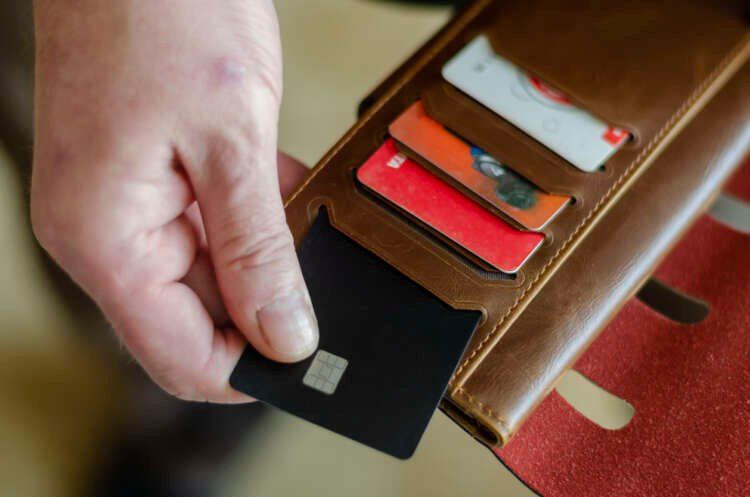How To Know Your Money Is Safe In An Online Bank?


Online-only banks have gained enormous traction over the course of the pandemic, and while most banks, big and small have since embraced digital transformation, they’ve largely been no match to the tech, convenience, and experience offered by these ‘Neobanks.’ Often referred to as challenger banks, ...
Online-only banks have gained enormous traction over the course of the pandemic, and while most banks, big and small have since embraced digital transformation, they’ve largely been no match to the tech, convenience, and experience offered by these ‘Neobanks.’ Often referred to as challenger banks, these upstarts have upended the industry for good, with big implications for the established players.
With seamless digital experiences, intuitive interfaces, and paperless processes, these new age banks have essentially made physical bank branches redundant. Whether it is to open a new bank account, or apply for a loan, everything can be done via an app, often with little-to-no paperwork. With this, it’s no surprise that they are now eating into the market share of the decades-old legacy commercial banks.
There are a total of 85 such neobanks within the US at the moment, with newer players getting in on the action each month. With 34 million bank accounts, handling deposits worth billions of dollars, they are now a force to be reckoned with. All of this, however, begs the question, how to know if your money is safe in an online bank? & What are the major risks and uncertainties that you should be aware of?
So, is your money safe in an online-only bank? The short answer is, Yes! If you’ve deposited funds with a regulated and licensed bank, the chances of losing your money are rather slim.
However, given the collapse of two major institutions, the Silicon Valley Bank and Signature Bank in quick succession over the past few months, both with an extensive decades-long track record, it’s worth examining the protections that are in place, to ensure that your hard earned savings aren’t squandered.
This makes it a good thing that all savings, checking, and money market deposit accounts remain insured under a blanket Federal Deposit Insurance Corporation (FDIC) cover to the tune of $250,000.
What this means is that if a bank fails, or is unable to honor withdrawal requests, the FDIC will step-in to make sure depositors can access their funds right away, at least until the prescribed limit. Despite being a government corporation, the FDIC is known for its remarkable efficiency in maintaining trust in the banking system.
During the crisis last month, as doubts and uncertainties continued to swirl around Silicon Valley Bank all week, the agency waited until Friday night to take control of the bank, working all through the weekend, before providing depositors access to their money by Monday morning.
All of this goes to show that whether you park your money in a new digital bank, or a long established banking giant, you will be covered by the US government, at least to a certain extent. If you plan on keeping more than $250,000 in your account, however, you should consider opening multiple bank accounts to take advantage of this coverage.
Throughout the history of US banking, governments and regulators have always ensured that depositors are made whole no matter how dire the situation gets.
In recent bank failures, the government has made it clear that it will fully cover all depositors, including high-net worth individuals. This is what is necessary to maintain trust in the banking system, so governments across the world will go to great lengths to ensure the same.
Beyond the solvency issues of banks, there are a few other risks that account holders need to keep in mind. This mostly pertains to frauds, hacking, and phishing attacks, which are inevitable in an increasingly digitized world. To counteract this issue, Fintech companies such as SoFi provide 24/7 account monitoring, along with a slew of other security measures to protect your funds.
These are undeniably exciting times for the banking and financial services industry, and with more and more players entering the fray, consumers will be spoilt for choice going forward.
There will, of course, be risks and drawbacks that come with this shift, but given a longer time horizon, this shift only stands to benefit consumers, businesses, and the broader economy.
FDIC insurance protects depositors by covering their deposits in member banks up to $250,000 in case of bank failure.
A neobank is a type of digital bank that operates exclusively online without traditional physical branches.
Online banking fraud involves unauthorized access to a bank account through digital means, often leading to financial loss.
A digital bank is a financial institution that offers banking services primarily through online platforms and mobile apps.
Risks of online banking include fraud, hacking, and phishing attacks, which can compromise account security.
Explore more articles in the Banking category











